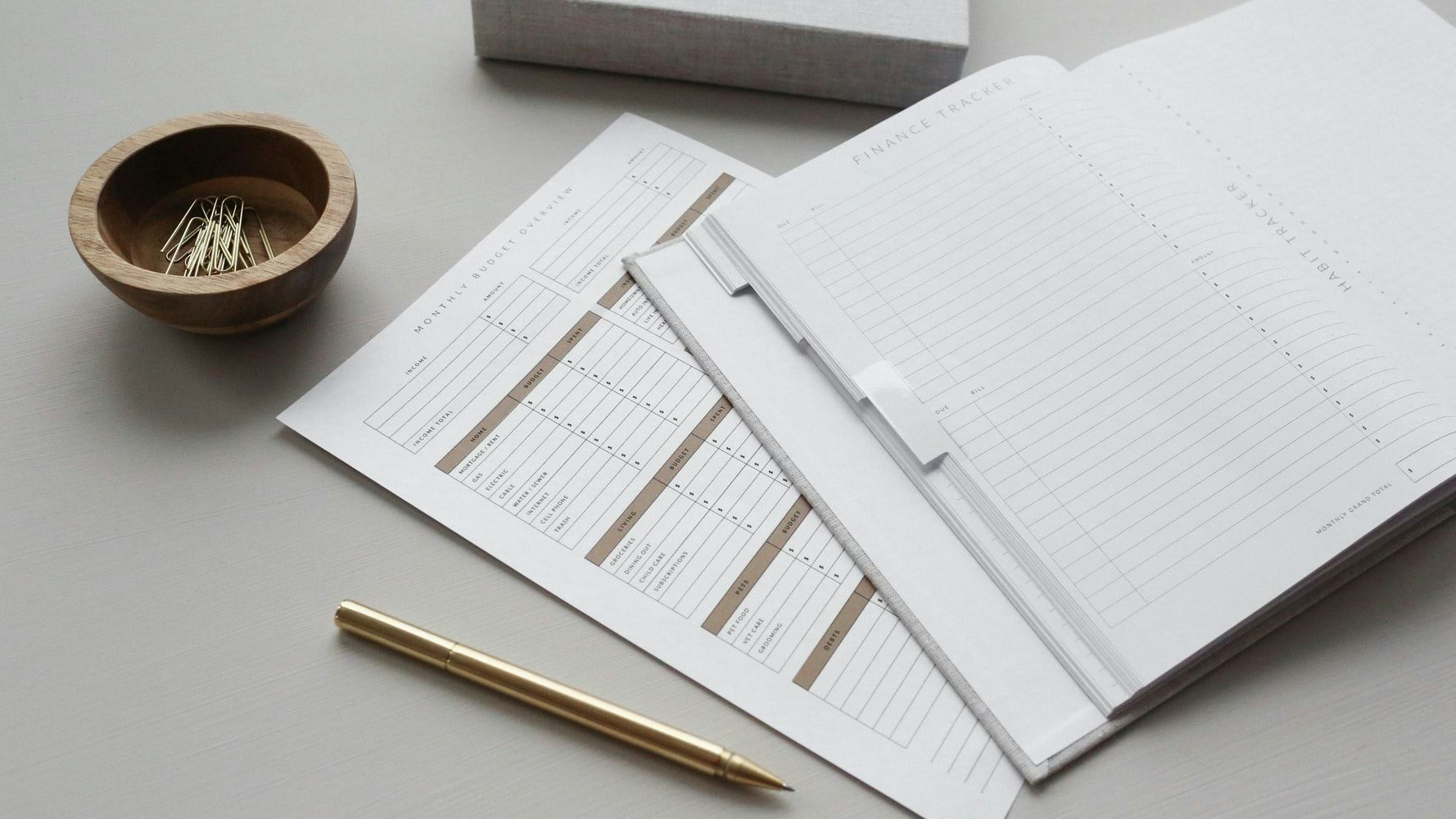Although cites and states around the country are slowly emerging from stay at home and shelter in place orders and allowing businesses to reopen, many are still facing tighter budgets right now than they have in years, especially young people and recent graduates, who are entering an incredibly difficult job market. We are committed to getting you the information you need here at Skip, so we caught up with Freya Kuka, the blogger behind the successful personal finance blog Collecting Cents. Freya taught herself about personal finance and now utilizes the tools she picked up to help others. We chatted with Freya to learn about mistakes people are making during the coronavirus pandemic and what you can do to stay financially stable in a tough time. And stay tuned for our next post with Freya, tips for staying financially stable during COVID--whether you've kept your job or not.
Don't Rely Too Heavily on Credit
If you have lost income or have had cut hours, you might be utilizing your credit card more than usual. But although credit cards can be helpful for building up your credit, Americans lean on them much too heavily. The average American has nearly $6200 on their credit card balance.
"Relying on loans and credit cards to get by is a total no-no, especially now. Instead, you need to focus on cutting down expenses no matter how hard that is," said Freya.
If you do have credit card debt, Freya suggests using a transfer balance card, which allows you to transfer outstanding credit card debt from one card to another (like one with lower interest rates). "[A transfer balance card] could give you some time to get your finances in order before you have to start paying high-interest rates again," said Freya.
If you can, use credit cards only for small purchases, like smaller bills or takeout, and don't rely on it too for everything. Generally, the recommendation is not to go above 30% of your credit limit.
Don't Just Cut Expenses--Make a Thoughtful Budget
You might be trying to cut down expenses right now. And while it may be tempting to just start cancelling subscriptions and making other cuts, you'll make better progress if you actually create a thoughtful budget and really document every expense you have, from car payments to take out. Freya suggests creating an exhaustive budget first, and then figuring out what needs (or can) go.
"Cutting out anything unnecessary is an obvious first step but revisiting your budget is the imperative step that most people forget. Go through your list of budget categories and ask yourself what can be cut out," said Freya.
Our budgets change throughout our lives--if you've lost your job or are making less than you were a few months ago, your lifestyle might need to change. "Re-think how you are going to be spending money. Create a budget that takes your new financial condition into account and cut out the expenses that are not needed," said Freya.
Don't Be Ashamed to Ask for Help
Many banks and credit card companies, including Ally , Chase and American Express are offering forbearances, reduced or zero interest rates and other programs during this time.
These programs can help you ride out this time without having your credit impacted or going into debt.
You should not be ashamed of utilizing these programs when you're facing difficult financial times.
"Contacting your banks and asking them directly what options are available to you is always the best option during a time like this. Most banks are taking the necessary steps to make lower interest rates and financial relief programs available to their cardholders," said Freya.
We hope you're all staying safe and well this weekend! You can see more of our financial posts here!

